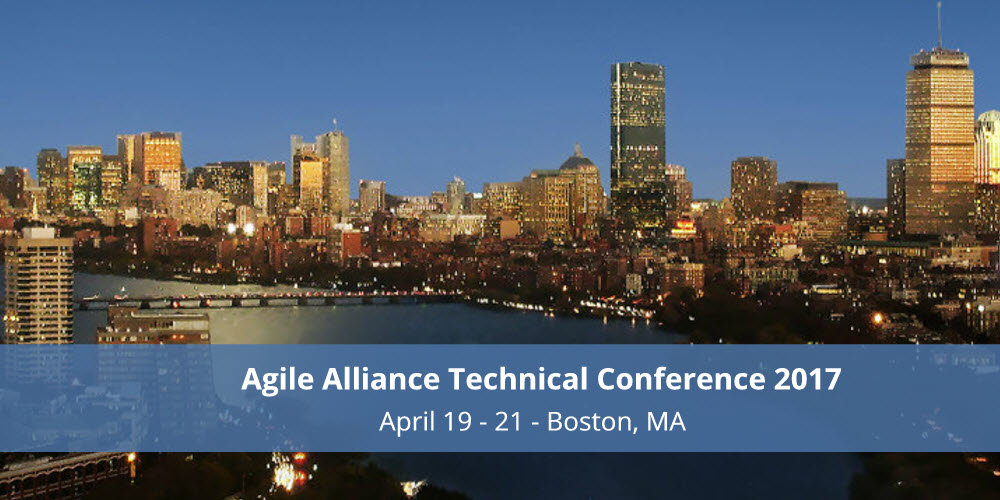Remember when Agile was just about team practices, back when XP first started (or maybe we are just young and you just read about it in a history book!)? Regardless, the new and exciting thing that XP did was link up development and testing in a way that couldn’t be split apart and began to remove the silos that had existed in the IT world. And for the first time, we worked as a real team, not as isolated coders. If XP were invented today it would cover a lot more than just the coding and testing; it would involve operations user experience and hardware, too!
If you take a look at the practices we use as developers today, some of them we couldn’t even conceive of ten years ago. Yet, while we have so many more capabilities, we also have a new set of problems. What are the Agile practices that support our current way of working and where is the best intersection of practices for emerging technologies? We need to freshen up our view of what the Agile practices mean in the context of these new capabilities.
As we start finalizing our program for this year’s Agile Alliance Technical Conference (AATC2017), we wanted to share some of our thinking with you. From now through the start of our conference, we’ll be talking about our speakers and topics, keynotes, and special events. First, we wanted to explain the themes we used to organize our speaker search process. If you remember back to our vision we wrote about earlier, we are looking to expand the tent of the conference by inviting a wider range of roles to attend and present. These roles include Developers and QA, of course, but also include UX Designers, Infrastructure Engineers, Data Scientists, Cloud Specialists, and more.
The first theme that we want to explore is the core technical practices, the practices that software developers use every day to build robust, quality software. These practices are often identified as Agile but are just good software engineering practices. At AATC2017, we want to highlight topics such as test-driven development, refactoring, and infrastructure as code, especially for those newer to the Agile Engineering world or just for those wanting to refresh or expand their basic skills.
The second theme is team technical practices, the practices that support teams in building great software. For many years we identified these as “Extreme Programming” practices such as continuous integration, collective code ownership, and pair programming, but these have now evolved to Agile engineering practices that also include Lean UX, behavior-driven development (BDD), continuous delivery, and automated deployment to cloud infrastructures. The conference will focus on interdisciplinary practices that increase flow, communication quality, or the effectiveness of teams.
The third theme is about scaling up technical practices at the organizational level, due to the fact that the core of every business is now technology and the software behind that. This theme is where there is a burst of new energy as many organizations launch their journey to “being Agile”. This drive has required a new set of technical practices such as A/B testing and experimentation, data analytics, DevOps and repeatable deployments, system-wide monitoring, security, and continuous deployment. This entire field is ripe for discussion, learning, and advancement and we expect a lot of discussion and excitement around this theme, as there are the most unknowns and challenges here.
We’d love to see you in Boston to carry on the discussion of these topics at the Boston Park Plaza Hotel from April 19th to 21st. We are pulling together a full and exciting program, pushing outwards from the usual Agile engineering discussions into entirely new worlds and concepts. All we need to make these discussions successful is to have you there and take part.



![[Case Study] Lessons from descaling 25 Scrum teams](https://www.agilealliance.org/wp-content/uploads/2024/12/descaling-teams-1200x630-1-150x150.jpg)



![[Case Study] Lessons from descaling 25 Scrum teams](https://www.agilealliance.org/wp-content/uploads/2024/12/descaling-teams-1200x630-1-300x158.jpg)

